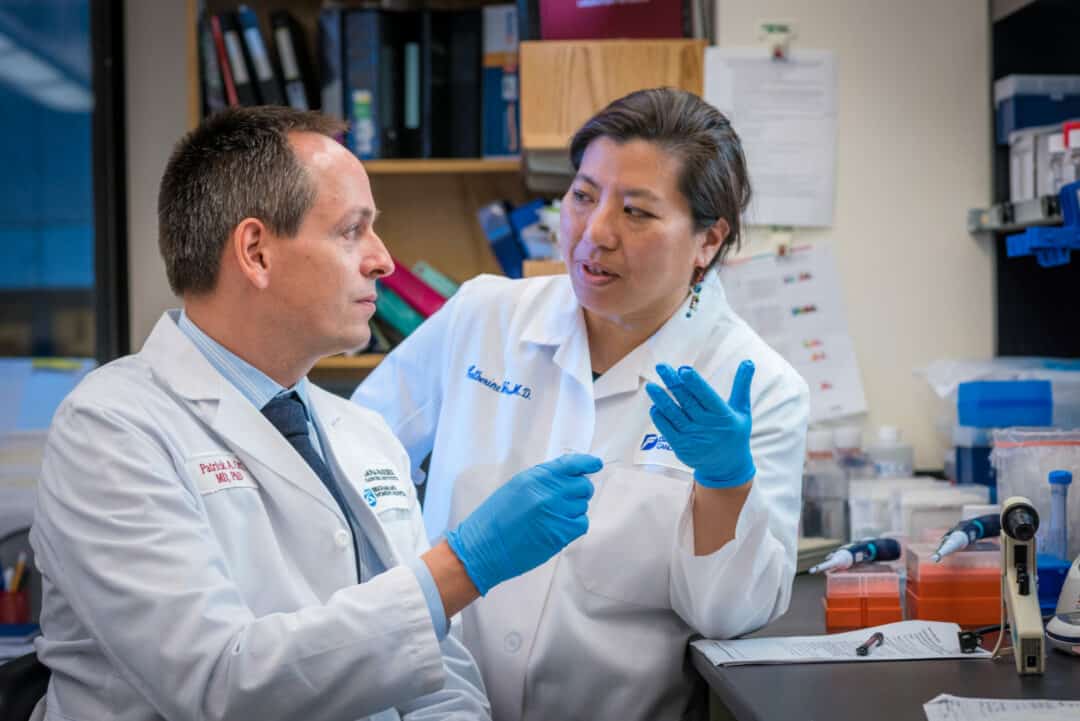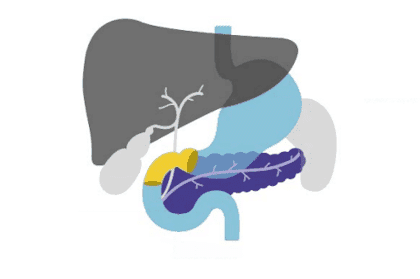One of the pioneers of research that could lead to the development of customised vaccines for cancer treatment is Catherine J. Wu, Dana-Farber Cancer Institute in Boston, USA. She is now awarded the Sjöberg Prize of one million US dollars for her efforts.
This year’s Sjöberg Prize rewards discoveries on how the body’s immune system can be activated and enabled to fight cancer. These discoveries make it possible to develop vaccines tailored to treat each patient’s unique tumour.
In the not too distant future, such vaccines could be offered to a large group of patients with cancers that may be difficult or impossible to cure today.
Catherine Wu has been extremely important in advancing research in this field. “She has played a decisive role in making it possible today to conduct clinical trials of cancer vaccines against melanoma (skin cancer), pancreatic cancer and lung cancer in several different settings,” says Urban Lendahl, Professor of Genetics at Karolinska Institutet and Secretary of the Prize Committee.

Catherine Wu and Patrick Ott
Photo: Sam Ogden
Creating targets for the immune system
Since the 1950’s, it has been known that the body’s immune system can detect and, in some cases, fight tumours. Based on these insights, a number of strategies have been developed to develop immune-based therapies against cancer.
Catherine J. Wu is interested in small genetic changes (mutations) in cancer cells that give rise to so-called tumour neoantigens. These are structures that the immune system’s T-cells can recognise as foreign and attack. By sequencing DNA from both healthy and cancerous cells, she was able to identify which tumour neoantigens the patient carried. She was then able to produce synthetic copies of these that were injected as a kind of vaccine. In some of the patients, this stimulated immune system cells to recognise and attack the tumour cells.
The breakthrough came with an article in Nature in 2017 describing a first trial in which six patients with melanoma were vaccinated. Since then, Dr Wu and other researchers have continued to work on the technology. But development is still in its infancy, so the $900 000 research grant, which is part of the Sjöberg Prize, could be very useful for further research.
Speechless, but very happy?
“I am a strong advocate of basic medical research and the innovations that arise from such research. My hope is that the money from this grant will support new bold and risky projects that can lead to transformative discoveries that have an impact on patient care,” says Catherine Wu, who was very positively surprised when she received the news that she had been awarded the 2024 Sjöberg Prize.
“I am speechless, but very happy. I am grateful for the recognition for myself, but it is also a recognition of a strong research team and collaborations that have completely changed the situation for patients. This is something we have developed together as a group.”
Source: Kungliga Vetenskapsakademien










